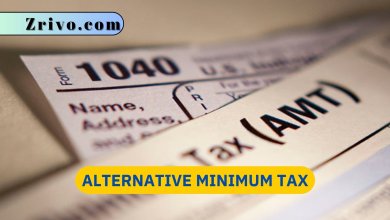New Hampshire State Income Tax Deductions
New Hampshire residents can take advantage of a wide variety of tax deductions.

New Hampshire does not levy a comprehensive individual income tax like most states. Instead, it imposes a tax on two specific forms of income: interest and dividends. Residents who receive more than $2,400 (single filers) or $4,800 (joint filers) in these forms of income must pay a 5% tax. Those who receive less than that amount are exempt from paying the tax. New Hampshire also does not levy a general sales tax, nor do state government employees and retirees have their pensions taxed.
You can expect to see federal payroll taxes deducted from your employees’ paychecks in New Hampshire. These deductions are for Social Security and Medicare taxes. Employees should review Form W-4 to ensure their proper withholding amounts, especially in light of any changes in personal circumstances that may affect tax rates.
In addition, employers are responsible for withholding state and local payroll taxes from employees’ paychecks. These deductions are used to fund various state and local services, including public schools, police and fire departments, road repair and maintenance, social services, and parks and recreation areas.
Unlike many states, New Hampshire does not impose a sales or local property tax on its residents or businesses. However, the state does impose excise taxes on certain items, such as alcoholic beverages sold in state-run liquor stores and electricity use (0.00185 per kilowatt hour).
The state’s business profits tax (BPT) is one of its primary sources of revenue. In FY 1990, it accounted for almost 22% of total state tax collections. Similarly, taxes on meals, room rentals, and motor fuel purchases were also important contributors to state coffers.

New Hampshire Deductions
New Hampshire’s tax system is known for its lack of income tax on wages and salaries. However, there are some nuances to consider regarding income deductions:
- No Income Tax on Wages: The key takeaway is that New Hampshire does not tax income earned from wages and salaries. This means the deductions typically associated with employment, like work-related expenses or contributions to retirement plans, are not relevant for state income tax purposes in New Hampshire.
- Tax on Interest and Dividends (with a phase-out): There is a tax on interest and dividends income, but it’s being phased out. As of 2024:
- A 4% tax applies to interest and dividends income.This rate will be reduced to 3% in 2024.
- The tax will be completely eliminated in 2025.
There are no state-level deductions specifically for interest or dividend income.





